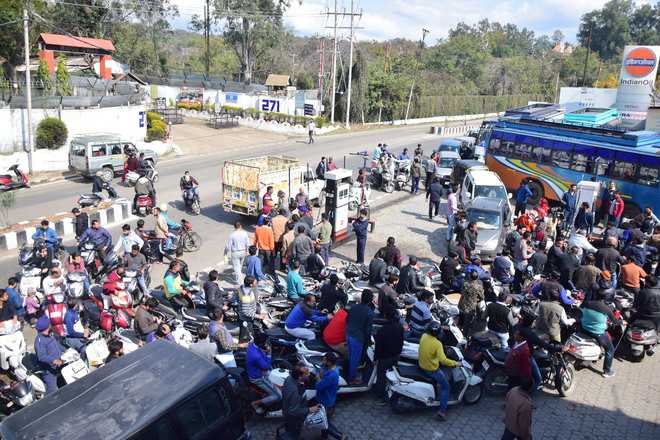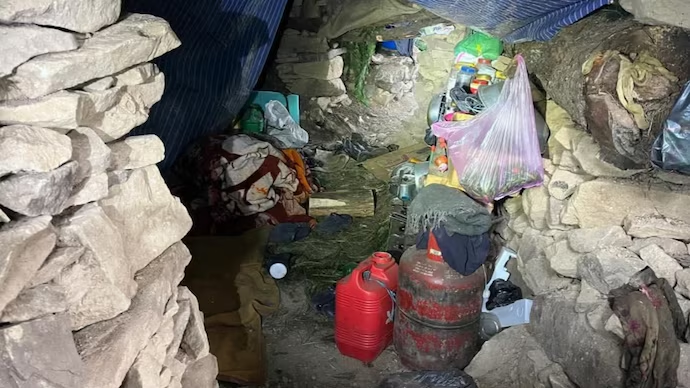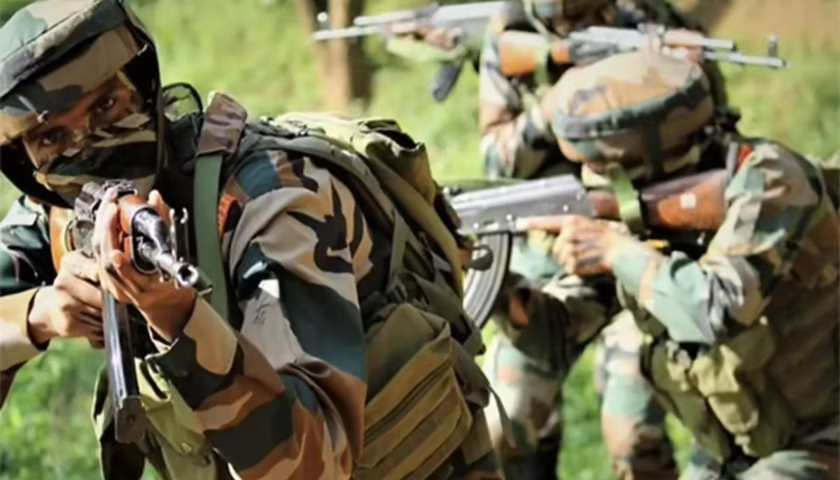As the news filtered in about the Indian Air Force (IAF) strikes on terror camps in Pakistan and PoK on Tuesday morning, a palpable tension gripped the winter capital.
Although residents went on doing their normal chores, the looming threat of retaliation following Pakistan Prime Minister Imran Khan’s warning forced people to start buying essential commodities and fuel. Residents even started withdrawing cash from the ATMs and banks to keep hard currency with them.
Thoughout the day, people remained glued to TV channels and social media for regular updates. Whenever tension spikes between the two South Asian nuclear powers, the 198-km International Border (IB) becomes ‘active’ and faces shelling on civilian areas by the Pakistan army.
“We had expected response from the security forces after the dastardly Pulwama attack, but it would be air strikes was both surprising and shocking for us. War is not a solution but there is no other way to force Pakistan to end support to terrorism in J&K,” said Narinder Jamwal, a resident of Chinore.
After the reports of the airstrikes on Jaish-e-Mohammad camps operated by Pakistan, residents called up their relatives and friends. “I heard the roar of jets between 3.15 am to 4.20 am, but I thought these were routine sorties by military aircraft. These must have been the aircraft which bombed the terror camps in Pakistan,” said Rajni Devi, an elderly resident.
The general stores and filling stations witnessed long queues and huge sale. “We usually make sale of Rs 1.5 lakh to 2 lakh per day, but today we crossed the figure of Rs 3 lakh by the evening,” said a petrol station manager here.




